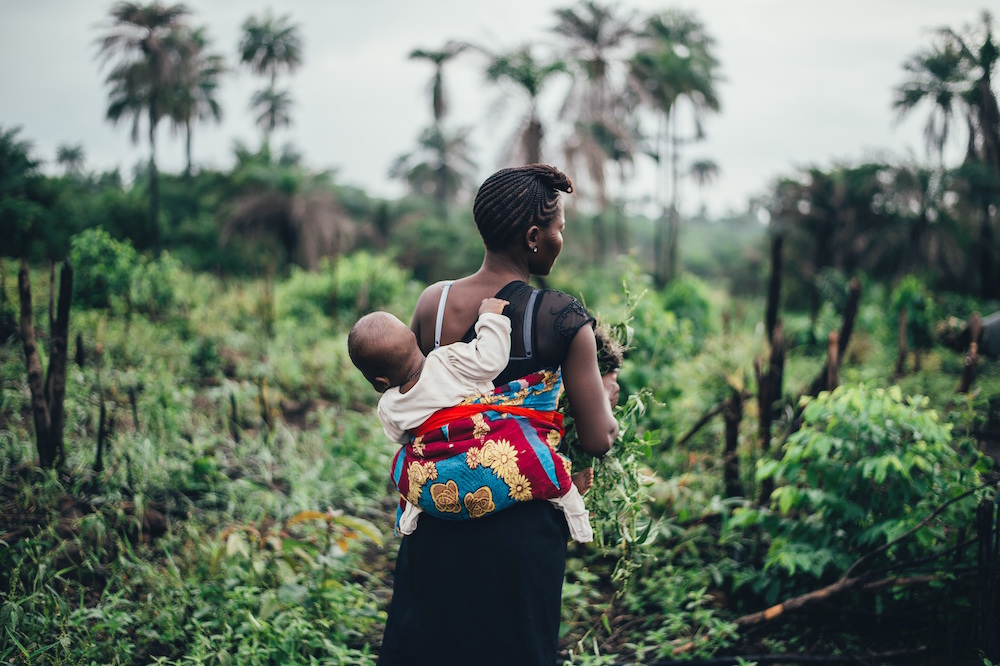
One thing I notice about being abroad is the powerful pull American culture has around the world. People know the names of our states (quick! name a province in Argentina! Or more than one in Canada!) they know our movie actors, our television shows. They buy our technology, they translate our books, they learn our language, and if they can scrape together the money they come visit Miami or New York or Disney World.
Sometimes this makes me incredibly proud of my country. Sometimes, I find it a little Big Brother.
But there’s a culture I didn’t realize was even more powerful than any culture of the world.
It’s the culture of a family.
We lived in Argentina for months and mostly hung out with Argentines. I spoke to the locals and am mostly understood; we took public transportation and travelled all over the city. We did a lot to live like Argentines do, adjusting our diet, our sleep schedule, and what language we watched TV in.
But since we travelled there as a family, and spent all our time together, our girls didn’t learn Spanish. They picked up songs and words from the Disney channel. They learned the name for “tag” or “hide-and-seek” in Spanish. But speak it to other kids? Understand when they’re aded? We made little progress.
I can’t say I’m surprised; I knew it would be hard to immerse them in Spanish without sending them to school for much of the day. I don’t regret the decision, but wish that language were a bit easier to acquire.
But the real lesson for me is the power of family to insulate you from the culture surrounding you. It’s almost complete. And that is both frustrating (for someone who was trying to immerse) and heartening (as a parent who loves being in a family).
Family is protection and allies and people to talk to. It is culture, and daily rhythm and deep familiarity. It is security and needs met and people there in the middle of the night.
Family is home, wherever you are.
We plunk down our suitcases in any room in the world, and we are still together. Even if we separate during school or work, our culture endures. We’ll be insulated and protected from the world surrounding us.
I’m not someone who homeschools to take my kid out of the world. Clearly. But I am surprised at how resilient “normal” felt when living in a new culture within a family. It can’t be argued with or tinkered with or breached in any simple way. It simply is, twenty-four seven.
This is a kind of super power, isn’t it? We as parents and children give each other protection, comfort, companionship and refuge. Yes, there are times to step out of that area of safety. Yes, there are good reasons to brave the breach of our walls. But to have that power behind us wherever we go is an amazing blessing.





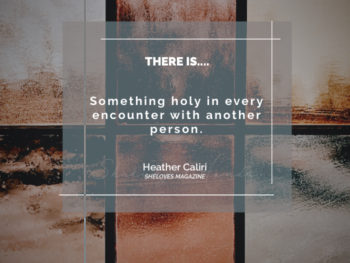
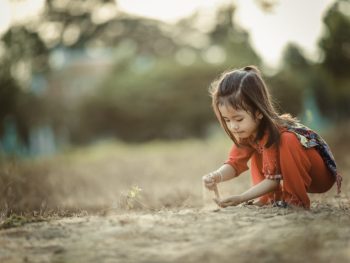
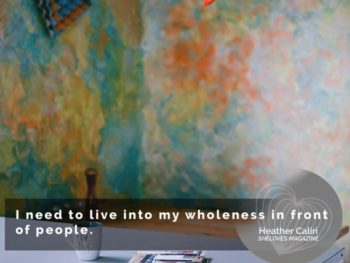

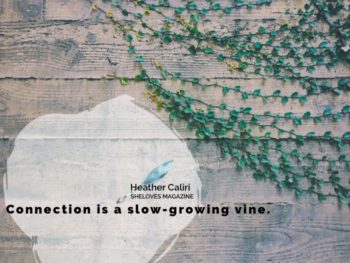
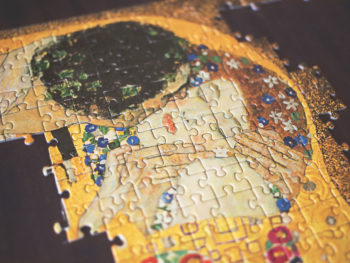

 Book of Common Prayer: FAQ for non-Anglicans*
Book of Common Prayer: FAQ for non-Anglicans*
What beautiful and fascinating musings these are. I love
Family is protection and allies and people to talk to. It is culture, and daily rhythm and deep familiarity. It is security and needs met and people there in the middle of the night.
Family is home, wherever you are.
On the one hand, it can be good that family insulates us from the wider world — from the slings and arrows of whatever outrageous fortune comes our way. And on the other hand, it can be frustrating that family allows us to remain so insular, even when making the inconceivably bold move of decamping to a foreign country with children in tow!
Yes. I was telling my husband that this time around in Argentina seems just so much more moderate. Without the crazy loneliness. But because the loneliness isn’t there, the breakthrough isn’t there either. I’m grateful and frustrated all at once 🙂
Where I live at the moment is a beautiful mix of ethnicity. At the park today(first nice enough spring day to to out and play, yay for no more snow!!!), I met families from Korea, Lebanon, UK, China, Morocco… we were all speaking different languages, most of them could get by with a little English or French (at least enough to say where they are from and when they came to our country) But seeing the children play together, without works, just play together was beautiful!
And you are so right., home is where your family is 🙂
I love the picture you paint here, Renee. It sounds heavenly, quite literally. I think when all are more on equal footing–when _not_ speaking the dominant language seems normal, it’s a little easier to break past the barriers and play together.
Heather, This is fascinating and I think homeschoolers lay claim to this more than families who send their kids to school. This is not a good-bad, us vs. them, it’s just an observation. Without a school’s influence – the people, the schedule, the ideology- whatever -you really do create a very strong family culture because there is less other influences at work.
And we take this family culture with us wherever we go – whether that’s here living in north american french culture (Quebec) or in our future plans for long distance hiking and travel. I think strong family culture gives you a lot of freedom that way (to be adventurers and explorers) because you are rooted in relationship with each other, that’s where the strength comes from. Not from “do I fit in?”
Thank you for the kind words, Renee! Yes, the time involved in homeschooling I think necessarily leads to stronger family culture. I think it’s true that it isn’t “better” or worse–it’s choosing more time together vs. letting go of having, say, an amazing teaching experience (sometimes I envy my friend’s kids in Waldorf school) or a shared cultural experience (the “going to school” culture has its own beauty and rhythm.) We each need to choose what works for us.
May this lifestyle teach us to be adventurers! It’s so exciting to choose your life intentionally that way!
Hello,
I found this post through Renee at FIMBY. I thought I might have a little tid-bit to add (considering I am 17 and am not homeschooled, perhaps I have a different perspective?).
This is a beautiful post. I admire what you’re doing (living outside of your native culture) so much!! It really is incredible, and I hope to emulate that adventurous spirit in my life!
Renee, I believe, is correct that homeschooling families have a different culture–one in which there is a stronger pull of family routines. (I would never say that homeschooling families have some deeper/stronger connection. In a way I feel that would imply that homeschooling is better… and I don’t believe it is. Not that it is worse… I think that for each family, “the best” education–and manner of parenting–depends on the children and the parents… which brings me to my reasons for responding to this post.)
I know people who feel that their friends have been their family. I am not one of those people–I am very close with my family and have a hard time imagining that I will ever feel more comfortable with anyone than I am with my parents and two siblings. However, family can be stifling. I am not speaking from my experience. I am speaking from what I have heard from many mentors and friends, one of whom is my mom.
She grew up in a family in which there were clear problems. She acted as her mother’s confidante during her parent’s messy divorce, her father was often away, and her parents ignored her at times when she most needed their attention. Her parents came from difficult childhoods, so I do not blame them. However, she found community outside of her family. She made friends with the older people who lived on her street and spent hours talking to them. She went to boarding school and found community among her peers. Her strongest and safest community, in fact, was outside of her family.
One of the women who I consider a mentor (now 36) still feels that the group of her high school friends is her family. The 9 people she was a “peer resource” with at her high school (one who is now her husband) are still her closest friends. She and her husband live in a community home with many of them. (Her mother died when she was 15.)
I am giving these anecdotes not because I because I think that your family is similar to these situations. I am sure it is not–I am sure that you have healthy, thriving, strong, beautiful relationships (just as I have with my family). I know that these connections provide me with a lot of strength and for that I am very, very grateful. I also don’t want to discount your experience–your truth is your truth! Of course, I am not raising my own family at this moment, so that very much colors my view of this.
I wanted to share this with you because I want you to be aware of the powerful, and equally valuable culture that can develop among friends and communities outside of a nuclear, traditional “family.” Love and care binds people in many different ways and strength can come from any of those bonds.
I think developing community outside of family is just as important as developing community within a family.
Thank you for this thoughtful comment, Sarah! I so appreciate your grace and insight here. Thank you for taking the time to respond to this post!
I so agree with you, and hope that in our family we can have both/and, not either/or. The influences from outside family are important, and add such richness to family dynamics. One of the reasons I came to Argentina with my family was because of the relationships I developed here when I was so completely alone my first time abroad. I was stripped of family and cultural ties, and as a result developed a deep connection to friends of another culture. They are family to me. That experience is foundational for me as a person, and I dearly want my kids to have that experience, too. For our particular family’s values, I would encourage that experience later on, say in later adolescence, when a kid is more fully formed.
And I will say I don’t think a strong family culture is _at all_ dependent on homeschooling (though I think homeschooling makes developing it easier, simply because of the amount of time you spend together). I meant this post more universally. Family culture trumps other influences, whether kids are schooled or not.
Again, thank you for sharing your experience, and for reminding us of all of the richness there is outside of family.